Federal Court Of Appeals Rules That Cannabis Is Just Like Any Other Industry Subject To IRS Audits
On October 20, 2020, the U.S. Court of Appeals for the 10th Circuit issued its opinion ruling against a group of Colorado cannabis dispensaries and their affiliates that includes The Green Solution Retail Inc., The Green Solution LLC, Infuzionz, LLC, Green Earth Wellness Inc., TGS Management LLC, S-Type Armored LLC, IVXX Infuzionz LLC, Medicinal Wellness Center LLC, Medicinal Oasis LLC, and other individuals who together and separately brought lawsuits challenging IRS examination action instituted against them.
The IRS has been targeting cannabis businesses for audits and these taxpayers were looking to show that these audits should not proceed by making the following arguments: (1) that the IRS investigation is quasi-criminal, exceeds the Agency’s authority, and is being conducted for an illegitimate purpose; (2) that even if the investigation had a legitimate purpose, the information sought is irrelevant; and (3) that the investigation is in bad faith and constitutes an abuse of process because (a) the IRS may share the information collected with federal law enforcement agents, (b) the IRS summonses are overly broad and require the creation of new reports, (c) the dispensaries have a reasonable expectation of privacy in the data they tender to state regulatory authorities, and (d) those state authorities cannot provide the requested information without violating Colorado law.
The Court which has jurisdiction over Colorado is familiar with these arguments as over the last several years, multiple Colorado cannabis dispensaries have challenged the IRS’s ability to investigate and impose tax consequences upon them. The Court’s ruling was completely in favor of the IRS as the Court struck down each of the plaintiffs’ arguments especially noting that plaintiffs failed to show any evidence contradicting the IRS’ rationale for investigating, and noted that the agency had so far not made any recommendations for prosecution.
IRS Releases Tax Guidance For The Cannabis Industry
The Internal Revenue Service released updated guidance on tax policy for the cannabis industry. The new guidance briefly covers the rules for income reporting, cash payment options, estimating tax payments and keeping financial records.
Under Federal law (Controlled Substances Act 21 U.S.C. 801) marijuana is designated as a Schedule I controlled substance due to the historical belief that it has a high potential for abuse, no currently accepted medical use in treatment, and lack of accepted safety for use under medical supervision. Although cannabis remains federally illegal, taxpayers in this business activity must still report this income and still have an obligation to pay taxes and properly report transactions.
The IRS guidance states “A key component in promoting the highest degree of voluntary compliance on the part of taxpayers is helping them understand and meet their tax responsibilities while also enforcing the law with integrity and fairness to all.”
This update appears to be in response to a Treasury Department report that was released in April 2020 where the Treasury Department’s Inspector General For Tax Administration had criticized IRS for failing to adequately advise taxpayers in the marijuana industry about compliance with federal tax laws. And it directed the agency to “develop and publicize guidance specific to the marijuana industry.”
Cannabis Businesses Face Higher Taxes
A topic of interest to the cannabis industry is that it is largely deprived of tax benefits extended to businesses in other industries. Generally, businesses can deduct ordinary and necessary business expenses under I.R.C. §162. This includes wages, rent, supplies, etc. However, in 1982 Congress added I.R.C. §280E. Under §280E, taxpayers cannot deduct any amount for a trade or business where the trade or business consists of trafficking in controlled substances…which is prohibited by Federal law. Marijuana, including medical marijuana, is a controlled substance.
- 280E does not, however, prohibit a participant in the marijuana industry from reducing its gross receipts by its properly calculated cost of goods sold to determine its gross income. The IRS guidance acknowledges that “taxpayers who sell marijuana may reduce their gross receipts by the cost of acquiring or producing marijuana that they sell, and those costs will depend on the nature of the business.” However, the guidance affirms that “a marijuana dispensary may not deduct, for example, advertising or selling expenses. It may, however, reduce its gross receipts by its cost of goods sold, as calculated pursuant to Internal Revenue Code section 471.”
What this means is that dispensaries and other businesses trafficking in marijuana have to report all of their income and cannot deduct rent, wages, and other expenses, making their marginal tax rate substantially higher than most other businesses.
Cannabis Businesses Face Reporting Of Cash Payments
The Bank Secrecy Act of 1970 (“BSA”) requires financial institutions in the United States to assist U.S. government agencies to detect and prevent money laundering. Specifically, the act requires financial institutions to keep records of cash purchases of negotiable instruments, and file reports of cash purchases of these negotiable instruments of more than $10,000 (daily aggregate amount), and to report suspicious activity that might signify money laundering, tax evasion, or other criminal activities. The BSA requires any business receiving one or more related cash payments totaling more than $10,000 to file IRS Form 8300, Report of Cash Payments Over $10,000 Received in a Trade or Business.
The minimum penalty for failing to file EACH Form 8300 is $25,000 if the failure is due to an intentional or willful disregard of the cash reporting requirements. Penalties may also be imposed for causing, or attempting to cause, a trade or business to fail to file a required report; for causing, or attempting to cause, a trade or business to file a required report containing a material omission or misstatement of fact; or for structuring, or attempting to structure, transactions to avoid the reporting requirements. These violations may also be subject to criminal prosecution which, upon conviction, may result in imprisonment of up to 5 years or fines of up to $250,000 for individuals and $500,000 for corporations or both.
Marijuana-related businesses operate in an environment of cash transactions as many banks remain reluctant to do business with many in the marijuana industry. Like any cash-based business the IRS scrutinizes the amount of gross receipts to report and it is harder to prove to the IRS expenses paid in cash. So it is of most importance that the proper facilities and procedures be set up to maintain an adequate system of books and records.
How Do You Know Which Cannabis Tax Attorney Is Best For You?
Given that cannabis is still illegal under existing Federal law you need to protect yourself and your marijuana business from all challenges created by the U.S. government. While cannabis is legal in California, that is not enough to protect you. It’s coming down that the biggest risk is TAXES. So it is best to be proactive and engage an experienced cannabis tax attorney in your area who is highly skilled in the different legal and tax issues that cannabis businesses face. Let the cannabis tax attorneys of the Law Offices Of Jeffrey B. Kahn, P.C. located in Orange County (Irvine), Northern California (San Francisco Bay Area and Sacramento) and other California locations protect you and maximize your net profits. And if you are involved in crypto currency, check out what a bitcoin tax attorney can do for you.

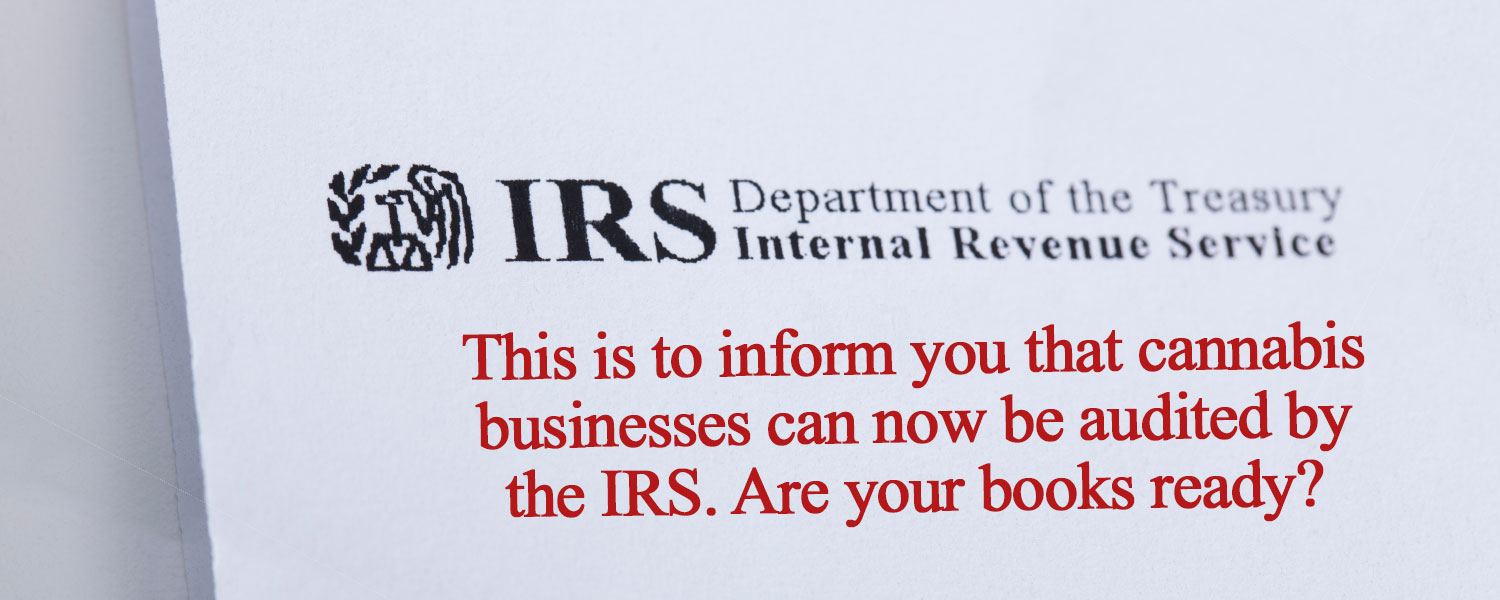


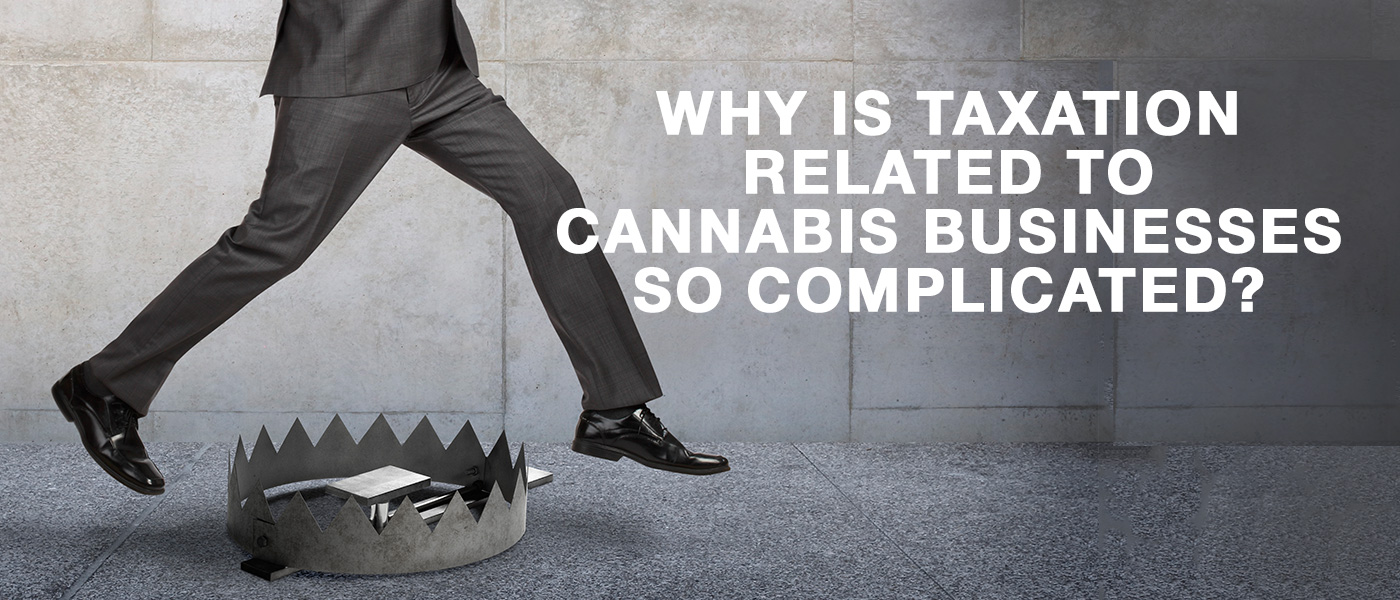
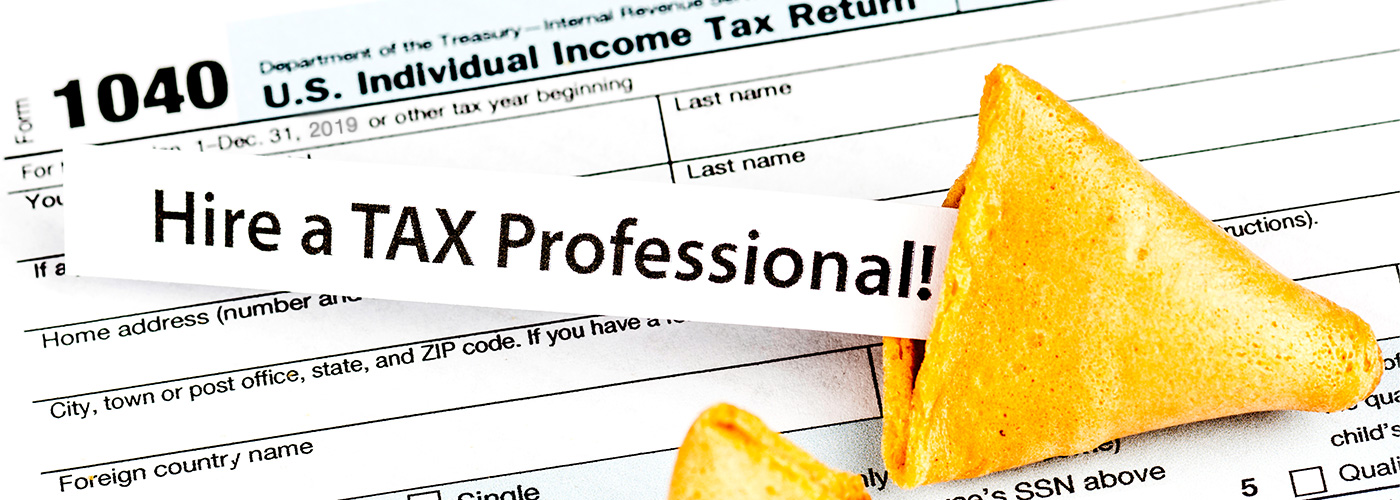
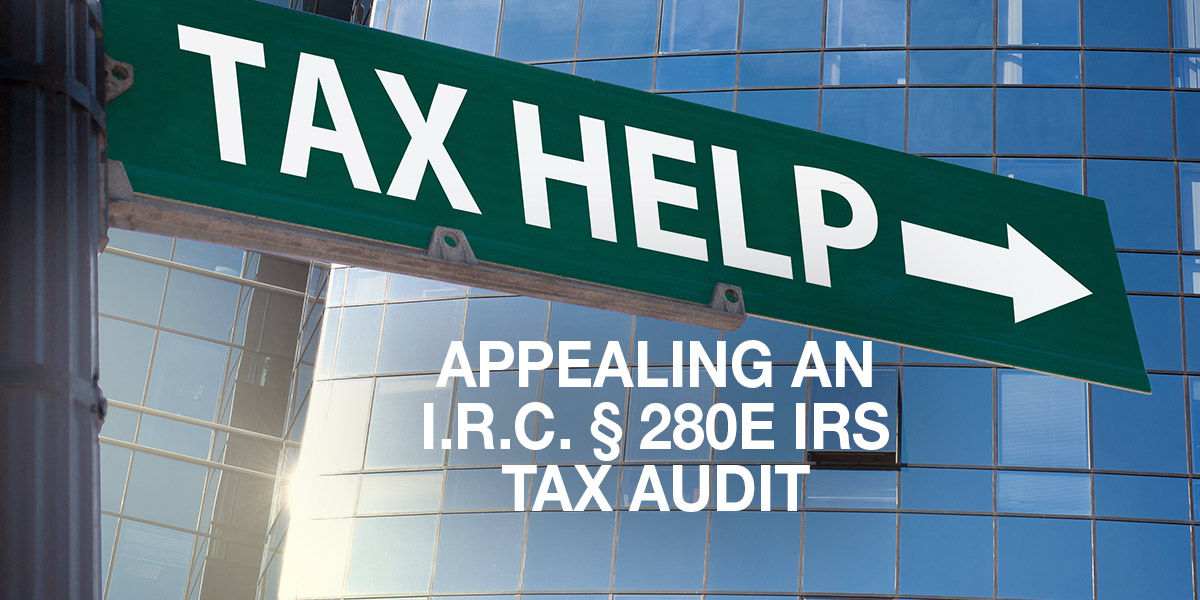
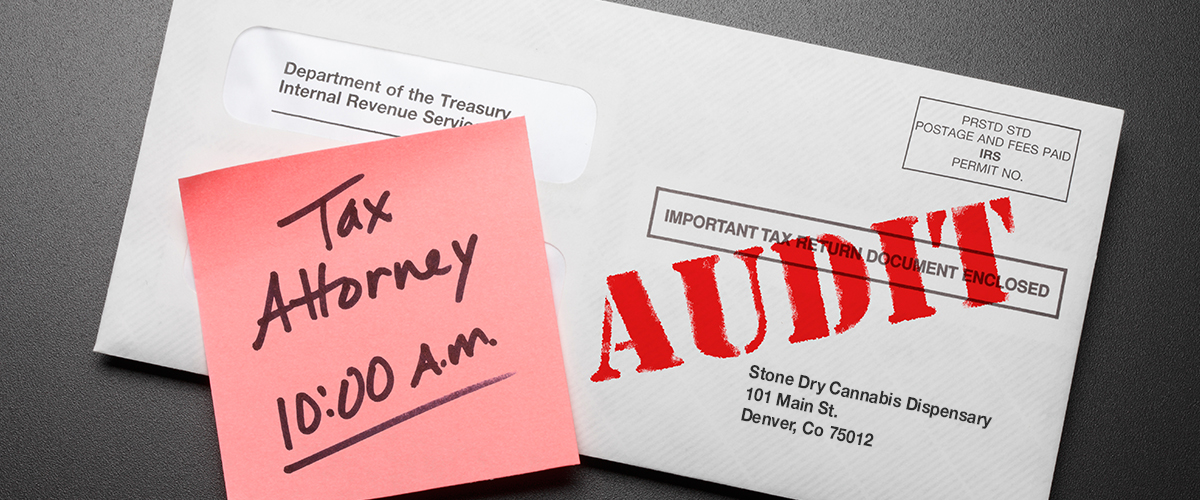



 Follow
Follow Follow
Follow